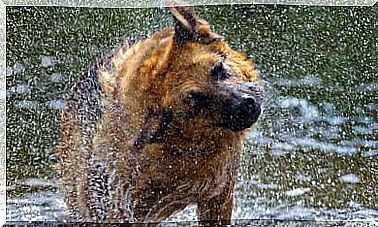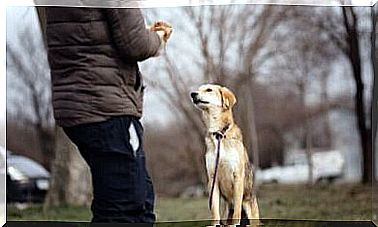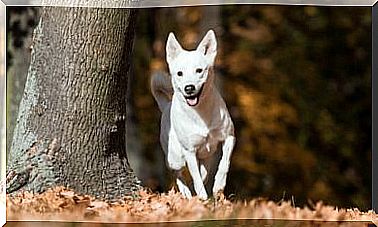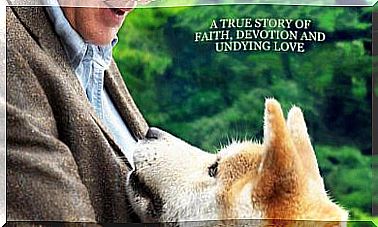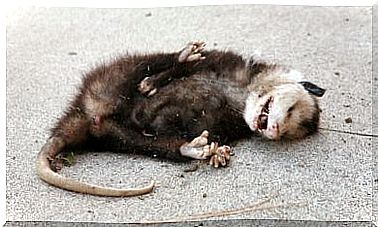What Does An Animal Ethologist Do? Interesting Facts

An animal ethologist is a specialist in the field of zoology. He analyzes the reasons for the behavior of animal species and tries to understand them. To this end, he studies the evolutionary basis and the development of innate behavior in animals.
However, he does not only work in research posts in zoos. He can also serve for governments, large corporations, and other industries. In addition, it should be noted that a postgraduate title is usually required in order to be able to work in this area.
What does an animal ethologist do?
First of all, an animal ethologist studies the social interactions between animals, such as aggression and mating habits. He also studies the various forms of animal communication (physical, chemical, visual). To examine these areas of knowledge, he uses laboratory and field research.
In addition, it is common for ethologists to have a keen interest in related fields, including ecology and evolution.
While it may be possible to get a licensed job, most positions in this field require a postgraduate title.
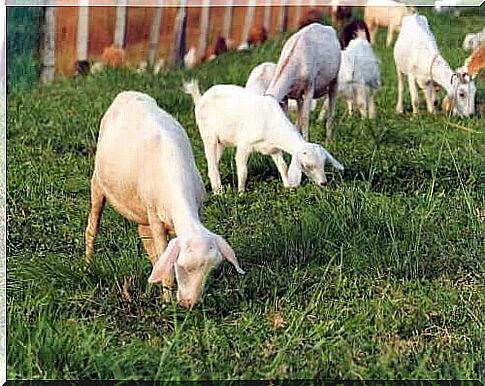
What is animal ethology based on?
Ethology takes into account both an evolutionary and a more mechanistic approach. Therefore, she examines the behavior of animals from a double perspective:
- The first deals with the mechanisms of motivation and the experience of animals as causes of behavior. These are understood as direct or obvious explanations.
- This approach reflects an animal’s individual life. Immediate explanations answer the questions about how a certain behavior occurs.
- The second perspective looks at the influence of natural selection and the phylogenetic factors that cause behavior to develop. They are understood as ultimate or definitive declarations.
- This approach reflects the evolutionary process of a species. Ultimate explanations answer questions about why behavior occurs.
These two levels of ethology complement each other and contribute to a broader understanding of animal behavior and evolution.
What specific aspects of animal behavior does the animal ethologist consider?
It will hardly surprise you that ethology is an exceptionally broad field and includes the following researches:
- Defense strategies.
- Communication between animals.
- Learning and remembering methods.
- Courtship behavior, reproduction and rearing.
- In addition, she examines the migration habits of the animals and requirements for the habitat.
- Identification of genes that influence behavior.
- She also studies competitive behavior and cooperation during feeding and mating.
- Anatomical and functional features of the brain that influence animal behavior.
- Characterization of how animals differ in their personality and social structures.
As you can see, an animal ethologist is not only important for scientific knowledge. Besides, his work also has practical implications.
Moreover, this is understanding of animal behavior indispensable for all other activities where you’re dealing with live animals. Just like you do with taking care of pets, preserving marine and terrestrial animals, or improving animal health.
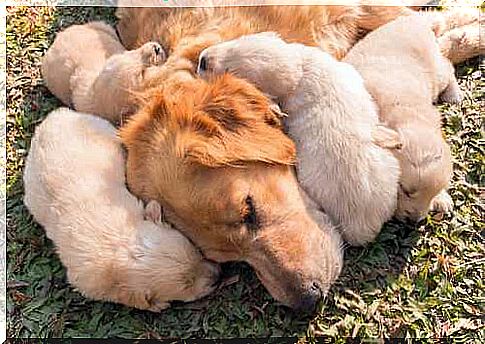
How did the field of ethology come about?
It is known that the pioneering work of Konrad Lorenz and Niko Tinbergen in the 1930s created the theoretical basis for ethology.
In addition, ethology (alongside psychology) has undoubtedly had an influence on subjects as broad as genetics, anthropology, and political science.
When ethologists study an animal, then a premise is that an animal should be examined on the basis of its own motivations and not in relation to humans. In addition, this procedure requires observation of his normal behavior and his surroundings.
Take, for example, Lorenz’s now classic experiment. He managed to replace a mother goose and documented “his chicks” following him in a single row wherever he went.
There is also another well-known experiment by Tinbergen, where he looked at seagulls that nest on the bottom. The animal ethologist tried to explain why the gull mothers remove all traces of the eggshell from their nest after the birth of a chick.
Therefore, he hypothesized that the eggshell could be removed to prevent injury, prevent disease, or reduce the alertness of birds of prey. He proved through field tests that the white interior of the bowl was visible from the air and that it actually attracted predators.

Application of Ethology to the Human Species
Human ethological research analyzes the evolutionary origins of human behavior and also compares the behavior of different cultures.
In addition, there are other studies of animal behavior based on psychology. This discipline focuses on things like the learned behavior and teaching behavior of animals and the application of the results to humans.
